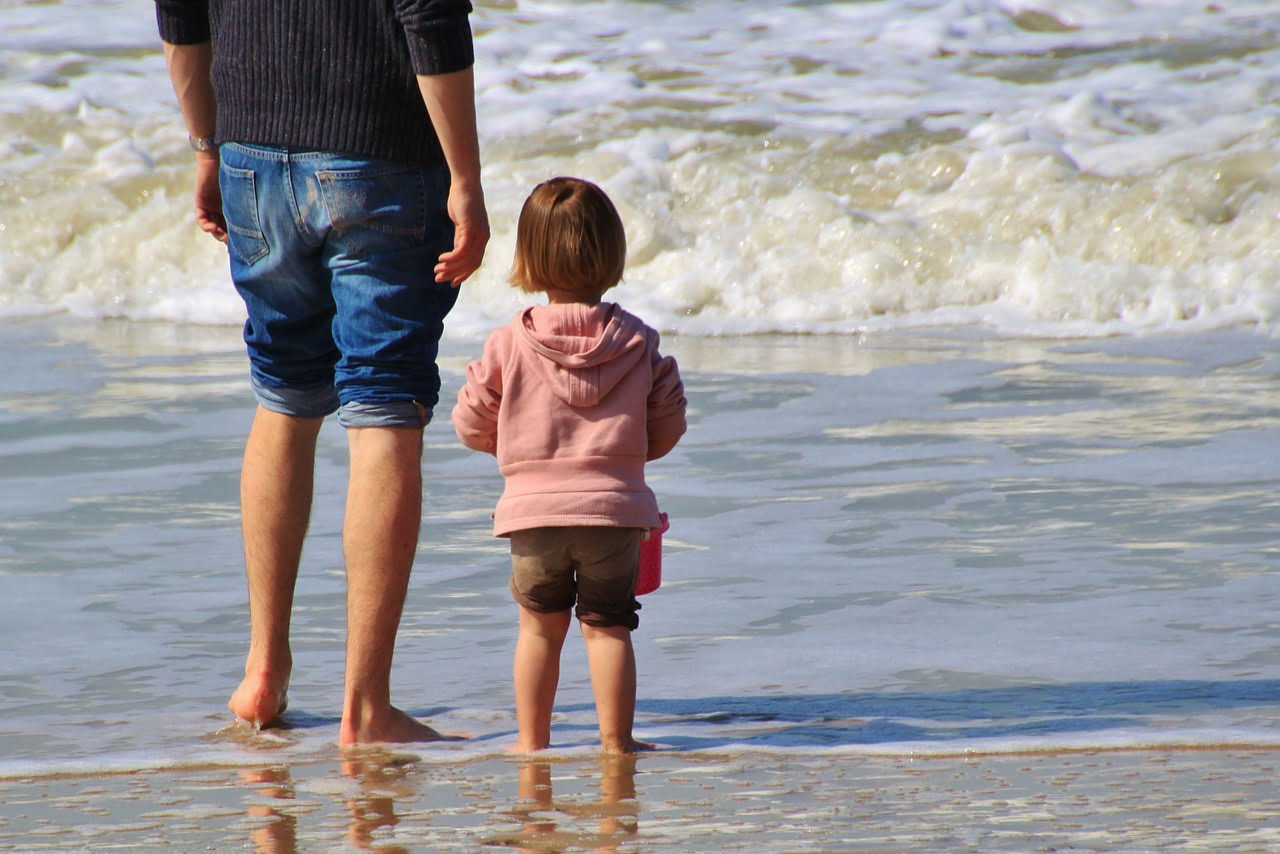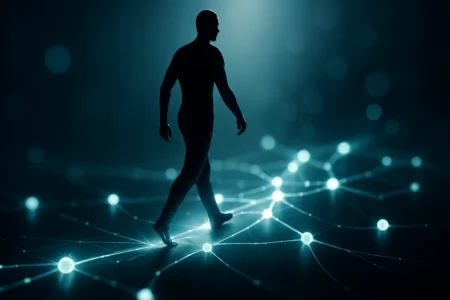Understanding an Autism Diagnosis Test
- Updated on: Jul 9, 2024
- 3 min Read
- Published on Apr 23, 2021

Diagnosis of Autism: How to diagnose autism in toddlers and kids?
Diagnosis of autism is the formal identification of autism, usually by a multi-disciplinary diagnostic team which often includes a speech and language therapist, paediatrician, psychiatrist and a psychologist. The signs and symptoms of autism may not be observed as problem until a child enrols in schools as there are more people there to notice their social communication problem, repetitive behaviour and problems in studying and understanding directions.
How do doctors analyze and assess symptoms of autism in children for diagnosing ASD?
Doctors analyse and assess symptoms of autism in three ways:
Social interactions: Problems in making eye contacts, initiate talks and understanding feelings of other person
Communication skills: Both verbal and non-verbal skills of a child are observed such as the child not repeating phrases and words, understanding gestures and postures , not repeating the same action again and again, etc.
Interests in activities, objects and any special information: Playing with same toy or same part of toy, obsessed with same topic and word, repeating the same action daily shows autism in a child.
The information listed above is gathered by a doctor through:
• Observing behaviour of the child
• Interviewing parents and friends and others who are in contact with the child
• Speech and language assessment of the child
• Physical, neurological and genetic testing of the child
• Psychological testing of the child
• Establishing developmental history of the child
• In addition, a test is done to detect any hearing problem to see whether the behavioral problem is due to this or not
Test for Diagnosing Autism spectrum Disorder in two stages:
These types of autism tests can be recommended by the doctor of your child:
1. Developmental Screening
2. Comprehensive Diagnostic Evaluation
Developmental Screening for autism diagnosis: What age can you be diagnosed with autism?
This test shows whether the child is learning basic skills or is delayed in acquiring them. All children are tested for developmental delays and disabilities during their childhood at:
• 9 months of age
• 18 months of age
• 24 or 30 months of age
• birth if a child has developmental problems due to pre-term birth or has low birth weight. Additional screening may be needed in such cases.
In addition to the above listed practices, all children should be screened specifically for Autism Spectrum Disorder (ASD) during a regular doctor visit at:
• 18 months of age
• 24 months of age
• regular intervals if a child has family history of ASD. Additional screening may be needed in such cases.
Comprehensive Diagnostic Evaluation for Autism Diagnosis
The second step of diagnosing ASD is a comprehensive evaluation. This is a thorough review which may include looking at the child’s behaviour and development and interviewing the parents. It may also include tests for hearing and vision screening, genetic testing, neurological testing, and other medical testing.
More: What Are The Signs and Symptoms of Autism?
More: Signs and Symptoms of Autism at Different Age Groups
Which type of doctor should you meet for Autism? Can a psychiatrist diagnose autism? Can a neurologist diagnose autism?
In some cases, the primary care doctor may refer the child and family to a specialist for further assessment and diagnosis. Specialists who do this evaluation include:
• Developmental Paediatricians (doctors who have special training in child development and children with special needs)
• Child Neurologists (doctors who work on the brain, spine, and nerves)
• Child Psychologists or Psychiatrists (doctors who know about the human mind)
Benefits of Diagnosis early diagnosis of ASD:
Timely and thorough evaluation and diagnosis of autism may help people in-
• Understanding autistic people and their families, partners, employers, colleagues, teachers and friends and also in knowing why they are experiencing certain difficulties and what they can do about them to cure.
• Find better remedies to treat autism
• Know about autism societies and support groups, and therapists to treat the disorder and analyse the severity
• Allowing people to access support and services related to autism
Can you be diagnosed with autism later in life?
Though it’s not as common as in earlier childhood, but adults also do get autism. Their diagnosis has to depend heavily on direct observation instead of other methods that are typically followed for diagnosis the ASD in children. But diagnosis is important even for those who have learned to hide their symptoms in their daily lives and social interactions.
Evaluating autism in a previously undiagnosed adult can be highly challenging. The standardized diagnostic tests we generally use for children are not suitable for adults. There are no established diagnostic tests for ASD in adults as of now, but researchers are being done to develop such tests and diagnostic tools for diagnosis of autism in adults.












